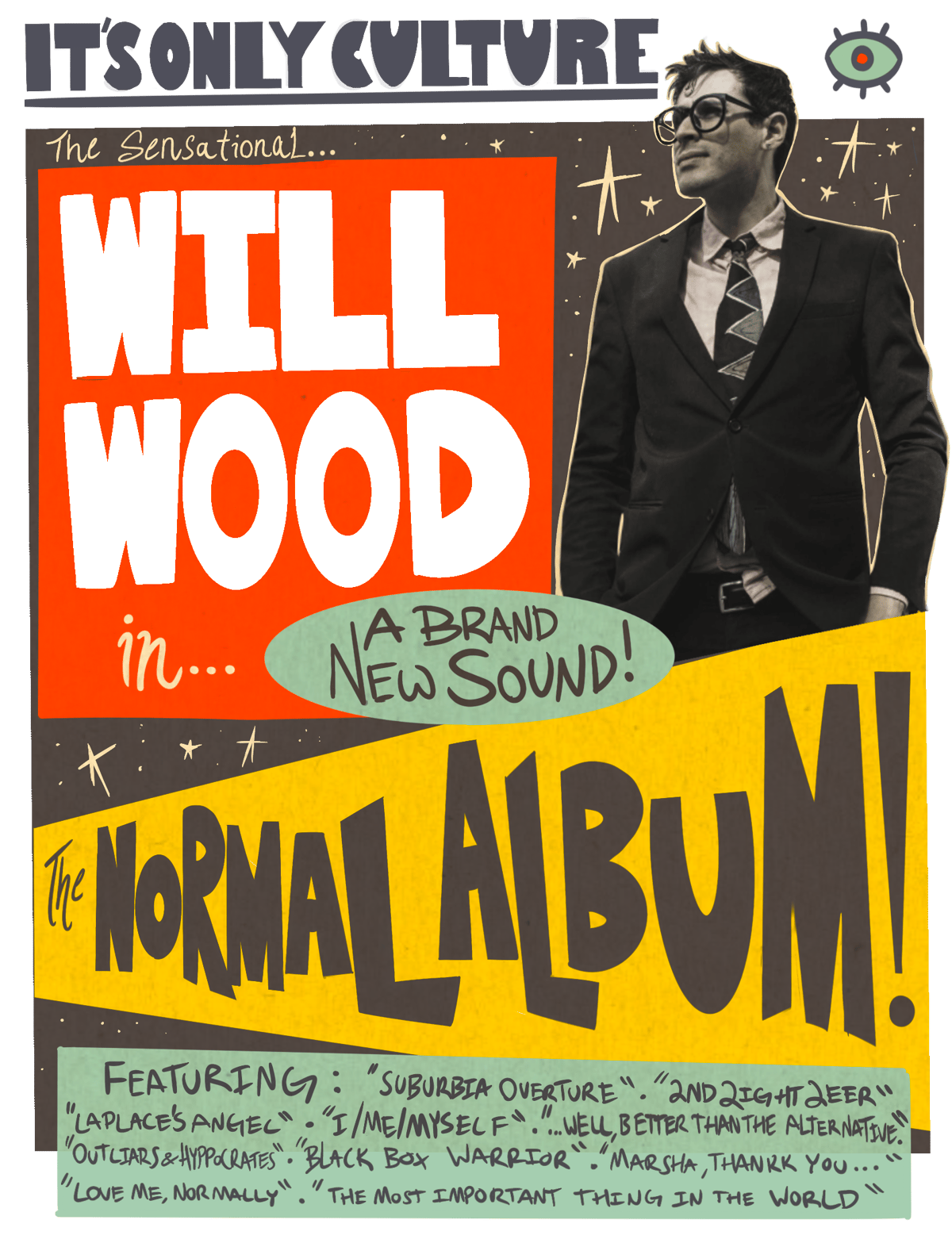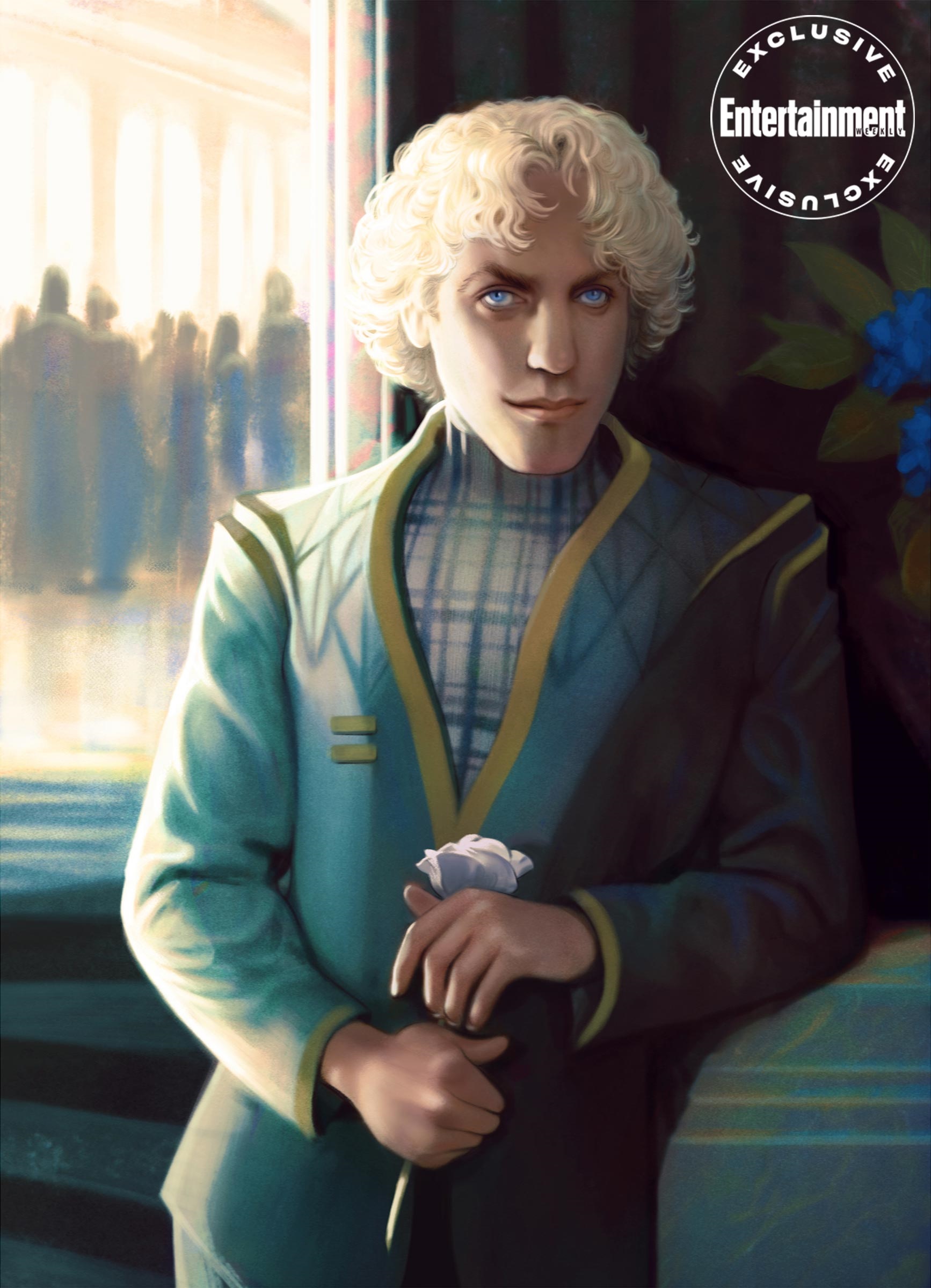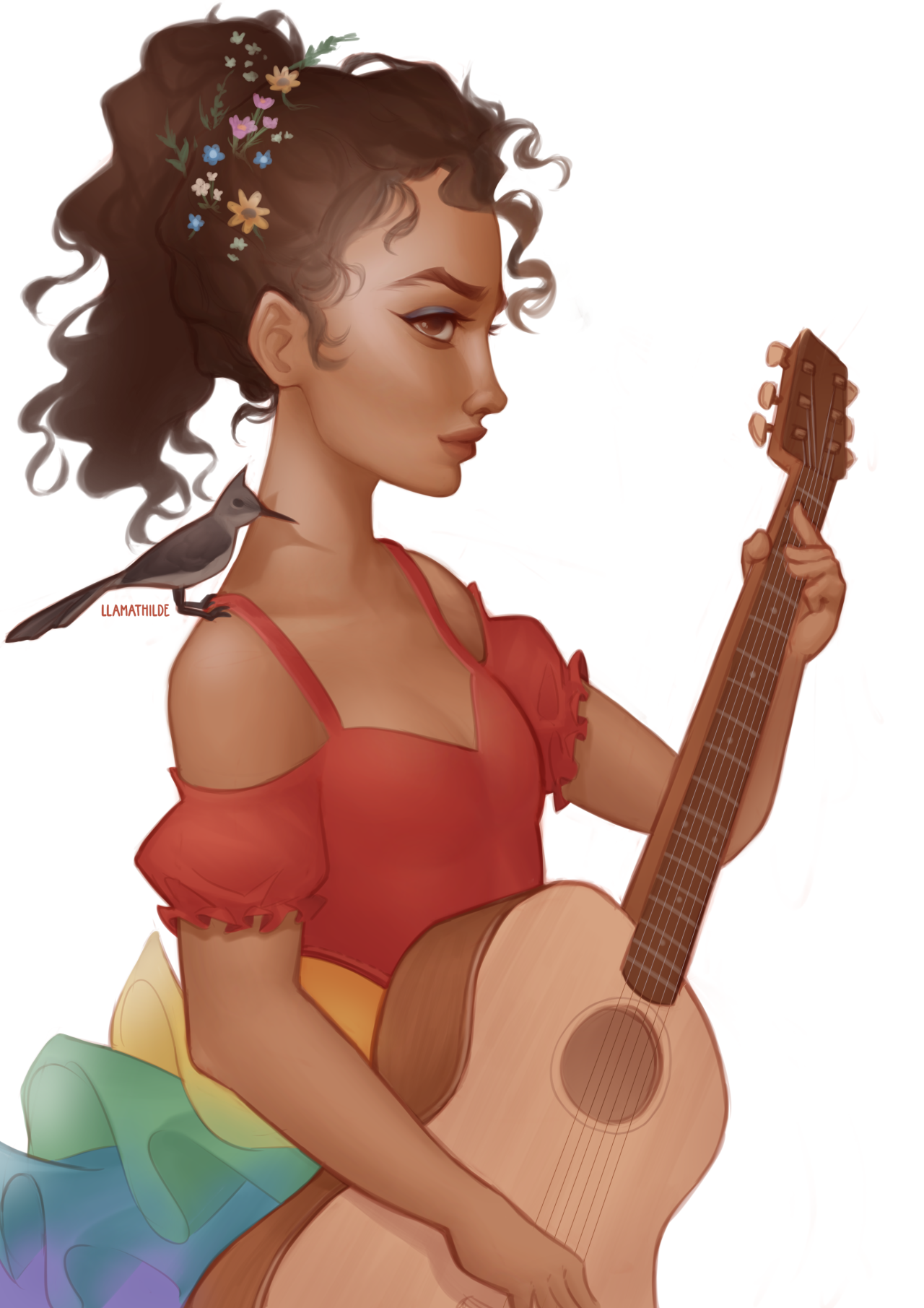Released in the summer of 2017, SZA’s debut album, CTRL, gave many people a relatable grouping of songs which ventured into the workings of today’s relationships, insecurities, self-love, desire and so many more topics heavily affecting today’s’ generation. CTRL, as explained by SZA, is an album all about the concept of her control over her personal life. This album features 14 songs, each being unique and different than the last.
The opening of this album is a song featuring SZA’s vulnerability about a toxic relationship which leads to her questioning her beauty, her worth and analyzing her insecurities worsened by this relationship. This song is none other than “Supermodel”.

“Supermodel” is introduced by SZA’s mother in a short skit.
“That is my greatest fear
That if, if I lost control
Or did not have control, things would just, you know
I would be… fatal”
As previously stated, CTRL is an album all about the concept of controlling certain aspects of our life. What can we control? How much control do we have? Do we have any control at all over our life? These questions, unfortunately, are not answered in this album, but it does call the listener to question these things.
Following the skit is an acoustic guitar chord which SZA describes as sad in a video interview with GQ. The song easily put me in a relaxed space on the first listen causing me to really sit and hear the lyrics with a cleared mind.
I would describe the first verse of “Supermodel” as SZA’s coming clean moment. It is in this verse that she reveals a moment of unfaithfulness to a partner after being abandoned by them on Valentine’s Day. I would even go so far as to say this song is a message directed towards them.
“I’m writing this letter to let you know…” begins this songs leaving it to be interpreted as a letter. As the song progresses so does the direction of this letter. It’s a tennis match between a letter to herself and her past lover. She pleads for his validation of her beauty and love as she simultaneously questions why she can’t stand the thought of being alone and why she puts up with his lack of validation and love.
As the song progresses into the chorus drums are introduced to the song creating a rhythm which instantly lulled me. Still seeking validation from her partner on her outer beauty, she still ventures on to question why she isn’t comfortable with her own self.
“I could be your supermodel if you believe If you see it in me, see it in me, see it in me; I don’t see myself” is the core of this entire song. When most people think of a supermodel, myself included, they think of high-confident people with charismatic energy and discipline about themselves. In these lines of the chorus, SZA wishes to be seen of a woman with confidence and status while she also fails to see it in herself causing questions concerning her self esteem and insecurity.
These are all very true topics that are relevant in today’s society. Comparisons of one’s self to “supermodels” or social media personalities, the normalization and often times praised culture of toxic and unhealthy relationships, the seemingly non-existent control people don’t think they have of their life. SZA did an amazing job putting all of these topics into one song with the lyrics while the actual musical production of it is sweet and calming.
The song goes on to the second verse which still talks of her seeking validation and wondering coming to the conclusion of why she chose to stay in an unhealthy relationship, which wasn’t love. And the chorus plays again and as the song closes it features the backing vocals of Pharrell, music artist and producer.
This song is a contemporary masterpiece, dissecting into the vulnerability of SZA, leaving something so relatable and beautiful behind it. I thoroughly enjoy this entire album and recommend it anymore, no matter what genre of music you like there is surely something on this album to satisfy your musical palette. I will be leaving links to the GQ interview previously mentioned and a link to song on YouTube. Be sure to check them out and I hope you enjoy the musical artistry of SZA and Supermodel.
Thank You for Reading,
A Girl Lost in the Garden with Pretty Little Birds <3





